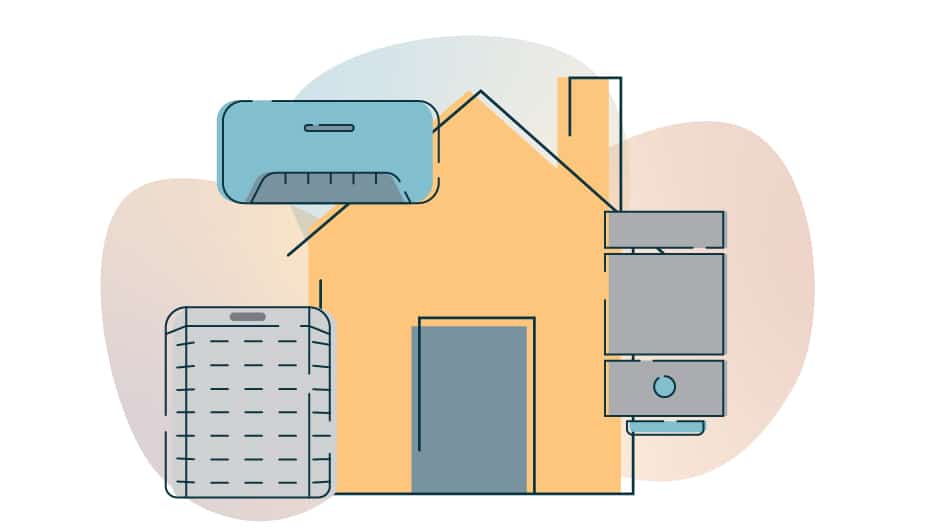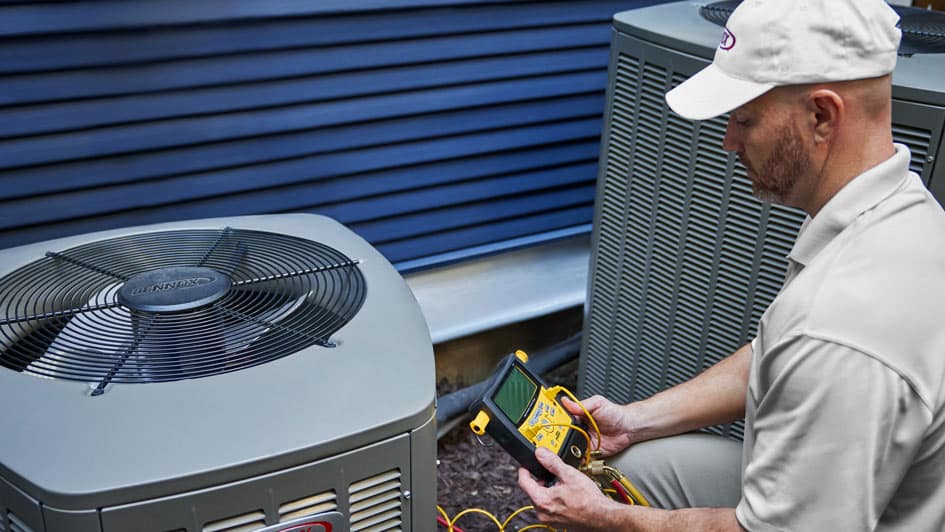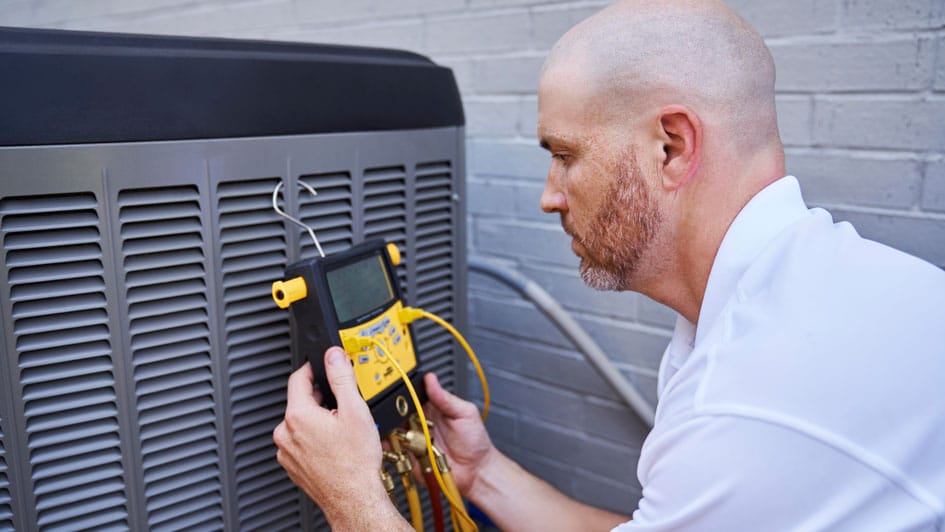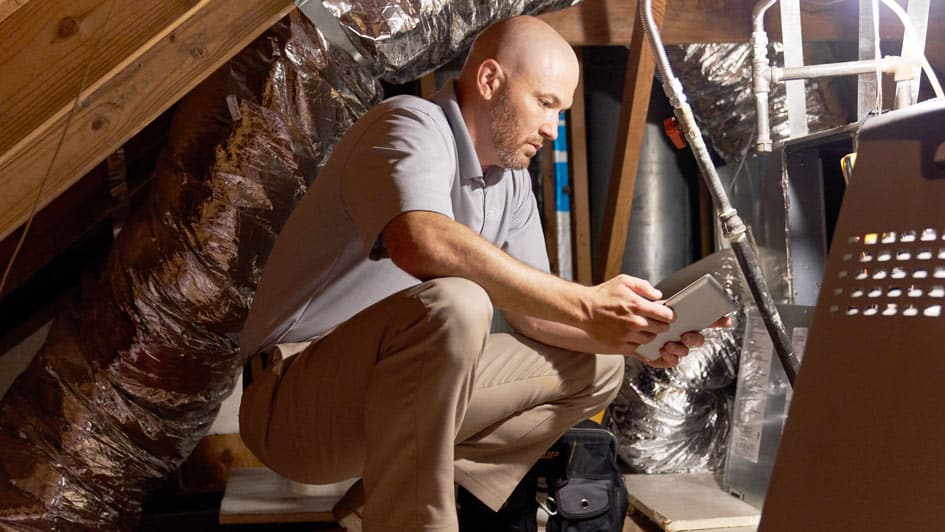
Complete Guide to HVAC: What It Means and How to Choose the Right System for Your Home
Your HVAC system is an important utility. We rely on our heating cooling to keep our homes comfortable all year-round. It can also be a big part of your monthly energy bills. Spending time to learn more about your HVAC system offers a lot of benefits. You can enhance its efficiency and select the ideal replacement equipment. We’ll share the key details about the most popular HVAC systems. After, we’ll discuss how to choose the best HVAC system in Abilene.
What Is HVAC?
HVAC stands for Heating, Ventilation and Air Conditioning. This utility system keeps indoor temperatures comfortable. It also manages air quality through filtration and humidity control equipment. Collectively, these systems work together to keep our homes cool in the summer and warm in the winter. Your average HVAC system will have three primary components: heating, cooling and ventilation. Some places won’t always have both heating and cooling, like temperate climates or in older homes.
Most HVAC systems function by circulating air in and out of your home. Depending on the type of system, heat might be added or removed to regulate the indoor temperature. Air ducts can transport the air to each room of the house, but they’re not always required. Lots of HVAC accessories such as air filtration equipment are fitted inside the ductwork for maximum efficiency.
There Are Different Types of HVAC Systems
HVAC technology has come a long way in terms of overall design and efficiency. Homeowners have more options than ever when deciding on an HVAC system. There are multiple different models, with one or more being the best combination for your comfort needs. These vary from popular air conditioners and furnaces to alternatives such as the heat pump.
Air Conditioners
An air conditioner is a groundbreaking piece of technology that pulls heat out of the air using a special substance called refrigerant or coolant. Unwanted heat and moisture are pumped out of the air and ventilated outdoors. This is highly efficient for staying cool during the sweltering summer months.
Furnaces
The trusty central furnace has been the most prominent way to warm your home for decades. It commonly runs on natural gas or oil, combusting the fuel to produce heat. This heat warms the air that moves through your home while vapors are carefully ventilated outside. Furnaces use a pilot light or electronic hot surface ignition system to begin a heating cycle.
Mini-Splits
Some HVAC systems don’t use central ductwork to provide heating and cooling. A ductless mini-split system is one such piece of equipment. An indoor and outdoor unit are instead connected by copper piping that delivers climate control. You can install multiple indoor units to heat or cool your home. Some models offer air conditioning while some can handle both heating and cooling.
Heat Pumps
Heat pumps are an increasingly popular alternative for heating and cooling your home. In contrast to central furnaces and air conditioners, heat pumps don’t generate their own source of climate control. Instead, they pump heat in or out of your home with air circulation. Lower energy use can help you save on your monthly bill. Heat pumps are best suited for milder climates and can even be installed along with other equipment.
Garage Heaters
This scaled-down kind of HVAC system is used to keep garages warm in the colder months. Most garages are unfinished, so they can be particularly chilly to spend time in. Garage heaters use fuel like electricity, natural gas or propane to generate heat. This heat is distributed with power fans. The garage heaters themselves are often designed to be portable. They can be relocated around the garage freely or mounted to the wall. Some models are even mounted to the ceiling.
How Do I Pick an HVAC System?
When deciding on a new HVAC system, there are a few things to consider. You should strike a balance between efficiency and your distinct comfort preferences. You can narrow down available options with the following tips:
Find the right size for your home: Bigger isn’t always better. In fact, a furnace that’s too powerful for your home might end up costing you in steeper energy bills. New HVAC systems should be the appropriate size for peak effectiveness.
Prioritize energy efficiency for long-term savings: High energy efficiency is one of the easiest ways to earn back more savings. Energy-efficient equipment puts less demand on critical components and doesn’t need to work as long for climate control. Seek out models marked with the ENERGY STAR® rating for especially efficient models.
Browse financing options and special offers: Lots of local service companies extend special financing for new installation. You might receive special offers for the system itself as well as other perks like discounts on preventive maintenance plans.
Trust new installation to qualified professionals: A new HVAC system is a terrific investment. You can get the most out of a new air conditioner or heat pump with seasoned technicians. They complete air conditioning installation quickly and efficiently, ensuring you receive maximum benefit from the beginning.
Your local expert technicians can review your home and suggest the perfect HVAC system for you. If you’d like to begin the process, give Abilene Air-Tech Inc a call at (325) 692-5850 today.
Don't wait until your AC breaks down - get a professional maintenance check now.
Contact



